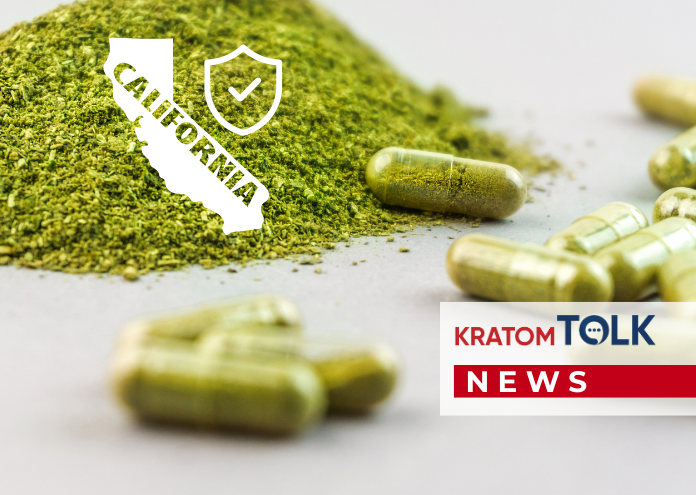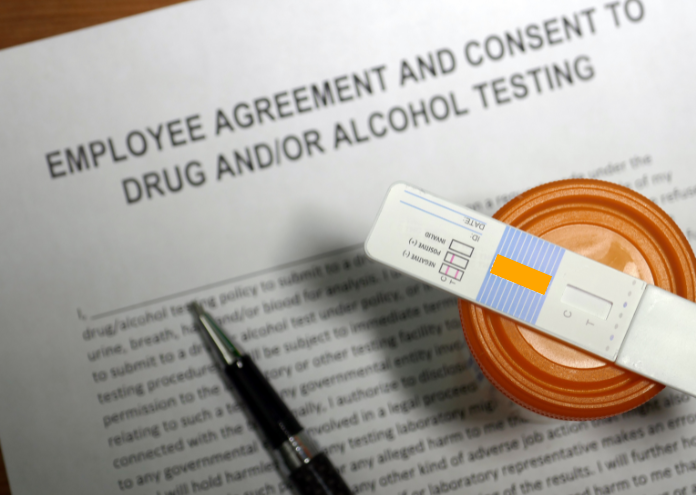The Kratom Safety Act AB 2365 is a groundbreaking piece of legislation aimed at regulating the sale and distribution of kratom in California. This act is designed to ensure that kratom products are safe for consumers by enforcing rigorous testing and registration requirements. It also aims to prevent the sale of kratom to minors and to ban adulterated kratom products.
The Kratom Safety Act AB 2365 sets a precedent for other states to follow. As more states consider similar regulations, the hope is that the quality and safety of kratom products will improve nationwide.
What is Kratom?
Kratom, scientifically known as Mitragyna speciosa, is a tropical tree native to Southeast Asia. Its leaves have been used for centuries for their stimulant and sedative properties. In recent years, kratom has gained popularity in the United States as a natural remedy for pain, anxiety, and opioid withdrawal.
Why the Need for Regulation?
The rise in kratom’s popularity has also led to concerns about its safety. Reports of adulterated kratom products containing harmful substances have prompted lawmakers to take action. The Kratom Safety Act AB 2365 aims to address these concerns by setting strict standards for kratom products sold in California.
Key Provisions of the Kratom Safety Act AB 2365
1. Rigorous Testing and Registration
Under the Kratom Safety Act AB 2365, all kratom products must undergo rigorous testing to ensure they are free from harmful substances. Manufacturers are required to register their products with the California Department of Public Health. This registration includes certification by a laboratory that the product meets specific safety standards.
2. Age Restrictions
The act prohibits the sale of kratom products to individuals under the age of 21. This measure is intended to protect minors from the potential risks associated with kratom use.
3. Labeling and Packaging Requirements
Kratom products must be labeled and packaged according to strict guidelines. Labels must include information about the product’s ingredients, dosage instructions, and any potential health risks. Packaging must be tamper-evident to ensure the product’s integrity.
4. Ban on Adulterated Kratom
The sale of adulterated kratom products is strictly prohibited under the act. Adulterated kratom refers to products that have been contaminated with harmful substances or that do not meet the required safety standards.
The Impact of the Kratom Safety Act AB 2365 on Consumers
For consumers, the Kratom Safety Act AB 2365 means safer and more reliable kratom products. By ensuring that all products are tested and registered, the act provides peace of mind to consumers who rely on kratom for its therapeutic benefits.
Conclusion
The Kratom Safety Act AB 2365 is a significant step forward in ensuring the safety and quality of kratom products in California. By setting strict standards for testing, registration, labeling, and packaging, the act aims to protect consumers from the risks associated with adulterated kratom. As the popularity of kratom continues to grow, such regulations are essential to ensure that consumers can trust the products they purchase.
For more information on the Kratom Safety Act AB 2365, visit the California State Legislature and TrackBill.
CLICK HERE to learn about other regulatory actions in the Kratom Industry








